Julius Taylor, born in Virginia in 1854 to an enslaved couple, would eventually become nationally known for founding and running Broad Ax: a Utah-based Black newspaper which challenged commonly accepted beliefs about politics and religion. Taylor lived in many places before eventually settling in Virginia, including Philadelphia, St. Paul, Minnesota, and then to Fargo, North Dakota, where he met and married artist Emogene Taylor.
Befriending the editor of the Fargo Daily Forum, A. W. Edwards, Taylor began developing his journalistic skills and political opinions. Edwards was able to get Taylor appointed as one of the first Black jurors west of the Mississippi River, but Julius and Emogene would eventually move to Chicago and then Salt Lake City, Utah, in 1895.

Banner of The Broad Ax. Source: Utah Humanities
Taylor published the first edition of the Broad Ax on Aug. 31, 1895, as Salt Lake County Democrats were meeting to nominate legislative candidates. At that time, the vast majority of African Americans were Republicans. Taylor refused to support Republicans, which was highly unusual and controversial. This rejection of Republican politics came from Taylor’s belief that Republicans did not actually care about the rights of Black folks and were just using them for political advantages. Taylor was not only a minority in Utah for being an African American, but also for identifying as an atheist — an extremely uncommon affiliation in Mormon-dominated Utah.
In his newspaper, Taylor often referenced President Lincoln’s quote, “My paramount object in this struggle is to save the Union and is not either to save or to destroy slavery,” to illustrate his distrust of Republicans. He also included Buddhist, Muslim, Hindu, and Jewish teachings despite being an atheist. Taylor described his paper as “Democratic in politics, advocating for the immortal principles of Jefferson and Jackson’‘ and he advocated for racial equality, religious tolerance, and support for Free Silver, a movement popular amongst populists, which advocated for unlimited coinage of silver.
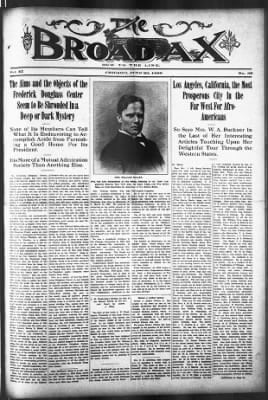
Scan of The Broad Ax, June 23, 1906. Source: Newspapers.com
The Broad Ax was not the only Black newspaper published in Utah in the 1890s, where approximately 588 African Americans lived at the time, but it was the only one with a Democratic perspective. The four page newspaper did not carry news, but rather had information on the events of the day as well as essays about race and politics with quotations from various religious teachings.
Every issue of the newspaper had the following quotation: “The Broad Ax will promulgate and at all times uphold the true principles of democracy but farmers, catholics, protestants, knights of labor, infidels, mormons, republicans, priests, or anyone else can have their say as long as their language is proper and responsibility is fixed. The Broad Ax is a newspaper whose platform is broad enough for all, ever claiming the editorial right to speak its own mind.”
Taylor was elected to office in the Utah Press Association, but in 1899 he moved the newspaper to Chicago and operated it for several more decades.
For more information on Julius Taylor and Broad Ax, check out this Utah State History journal article.
This story was prepared by May Kotsen.

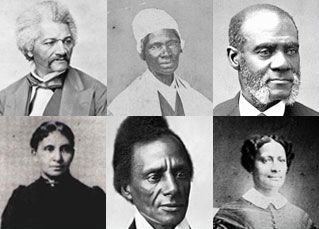
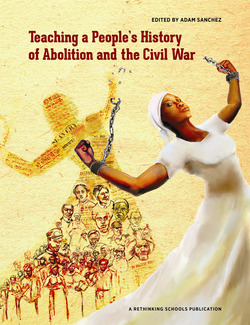



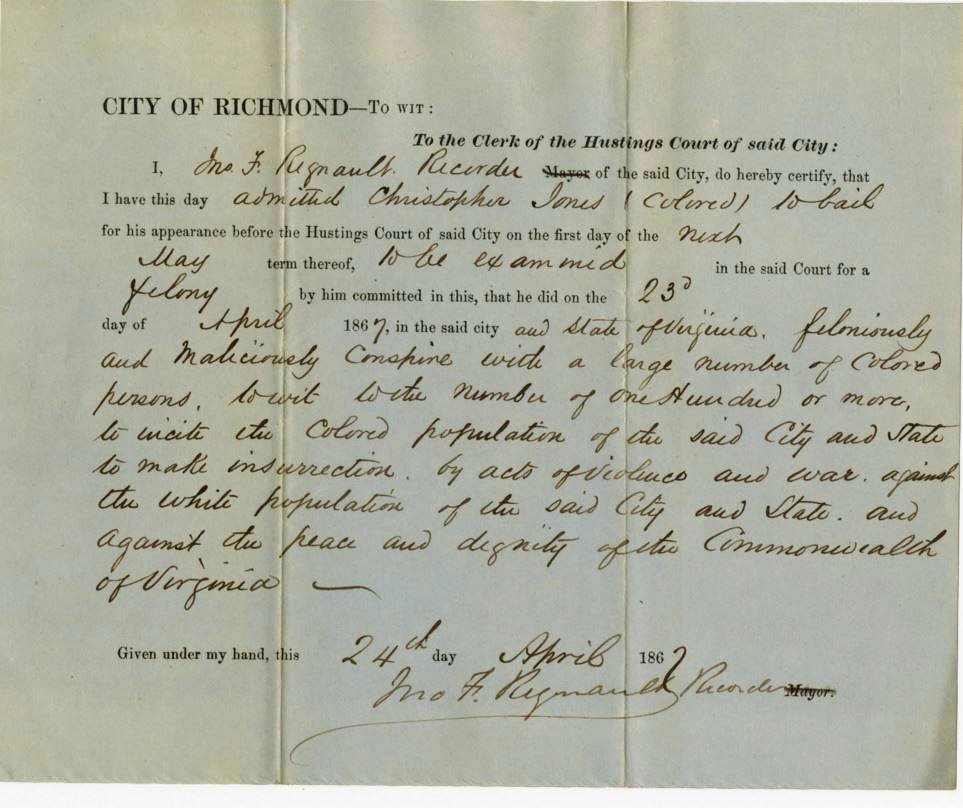
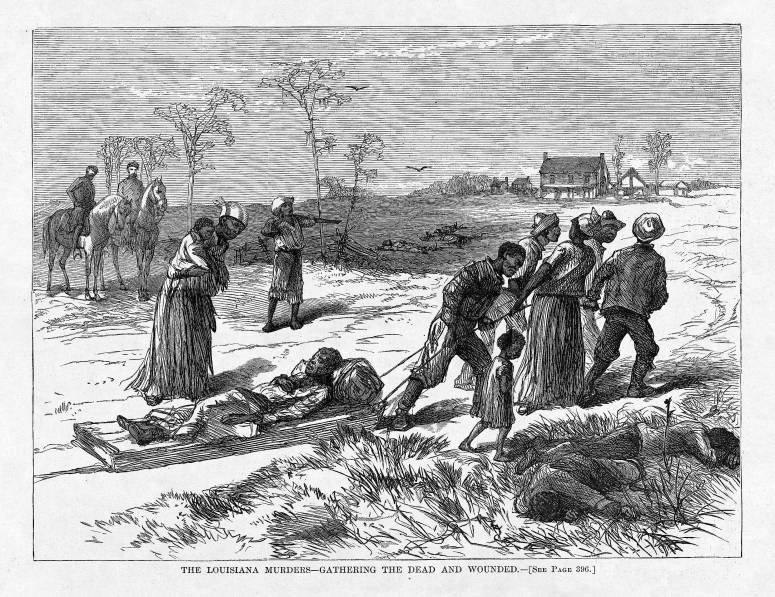
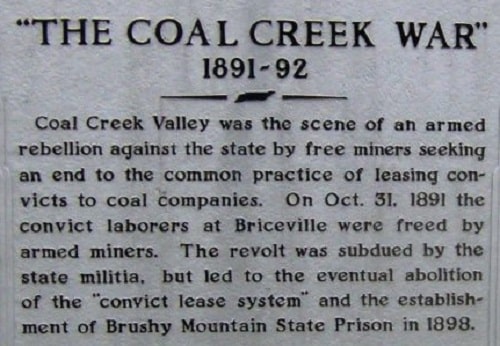
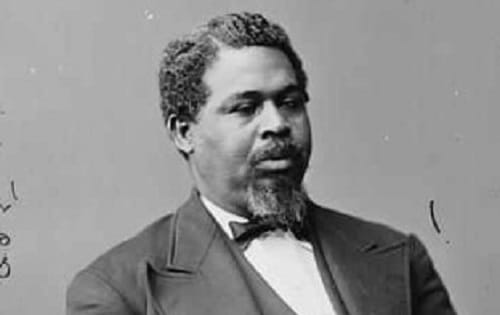





Twitter
Google plus
LinkedIn